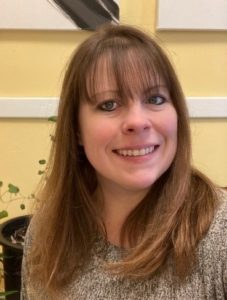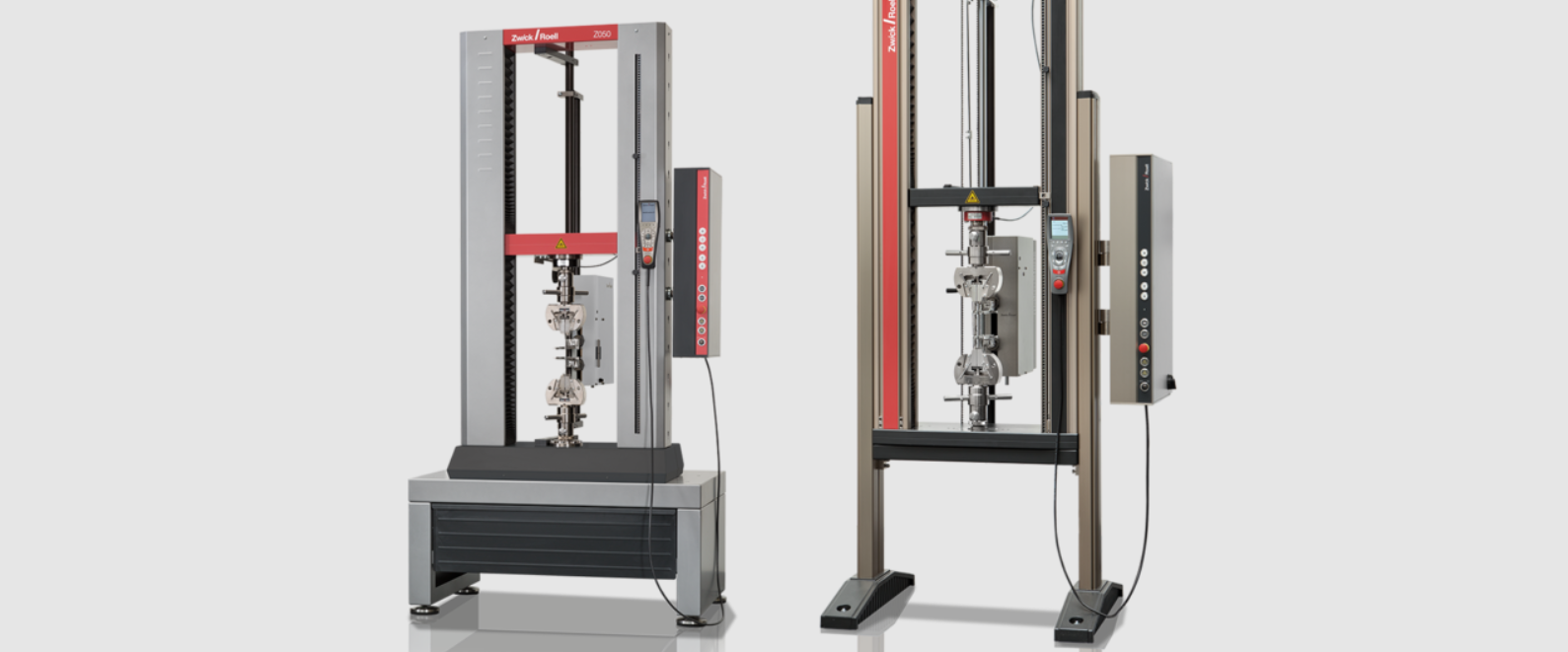Growing a Career in the Lab: A Chat with Kelsey Labens
What does a lab manager do, and why is the role important? Kelsey Labens knows. A one-time technical writer with a passion for science, Kelsey parlayed her experience in lab courses in college into a career. Five years later, she joined ASG. After receiving her Bachelor of Science degree in Human Biology at the University of Indianapolis, Kelsey went on to work as a chemist and calibration engineer before discovering ASG. From technical writing to biology, to building relationships, here’s how Kelsey uses her experiences to keep ASG moving.
How did you discover ASG?
When ASG was looking for people, my colleagues at our mutual client suggested me. I’m grateful for that because I love working for ASG. Here’s how it happened: One day, Logan Metzger called me out of the blue. I didn’t know about ASG until that phone call. ASG interviewed me four times before Doug Koeneman offered me a job. Then I got an email asking me to fill out the application. I was like, all right, this is backward, but let’s go!
What was it like being a new employee at ASG?
Working with people closer to my age has been a nice change, but I can relate to all the people I work with. I enjoy how people connect on a personal level that goes beyond work.
What do you like most about working at ASG?
I like the camaraderie at ASG. Roles are well defined, it’s a pretty inclusive group, and I like the flexibility and having my own schedule. Additionally, I have been able to use my lab experience at work. The lab work comes naturally to me. I love doing routine work and knowing what to expect.
How do you apply your biology degree to your employment?
It really helps to know good lab and documentation practices. I learned those skills at school, and they helped me get started in my career.
You have a college degree in biology but worked as a chemist. What was it like combining the two branches of science?
This was a bummer, but I was one class away from becoming a chemistry major. I wanted to do forensic pathology. It was my dream. I worked for Starbucks after college and was trying to find anything in the science field. The lab I interviewed with needed workers. I started out with basic lab tasks that didn’t require anyone to have any sort of lab or science degree. But within two months, I was promoted to chemist and became the lead chemist, so I was running different implementations. I kind of just fell into the role. The lab needed people, and I was available and ready. I liked the work, too.
When I was hired at Lilly, all of my experience with the high-performance liquid chromatography (HPLC) came into play. I was in the labs on the first floor doing a lot of their qualifications. It helped to be knowledgeable and know how the process worked.
Tell us what you do as a lab manager.
As a lab manager, I delegate whatever testing comes in. We have a SharePoint site where everyone can submit a test request. I’ve been performing most of the testing in the labs, and I also manage all of the calibrations of the instrumentation.
My day at work usually starts with completing testing, reviewing work orders and tracking the process. Then I find all of the open work orders and see what equipment needs to be sent out for calibrations. I request a quote from whatever company I’m working with. Then I box and ship the request out and keep track of the calibration certificate when it comes back.
What do you do when you’re not working?
I love being outside. I like to swim and bike, and I enjoy cooking, planning and working in my garden. I plant tomatoes and hot peppers, including ghost peppers. I like squash and have read up on mini gardening. Someday I want to have my own property and live off the land.
Photo courtesy ZwickRoell.





